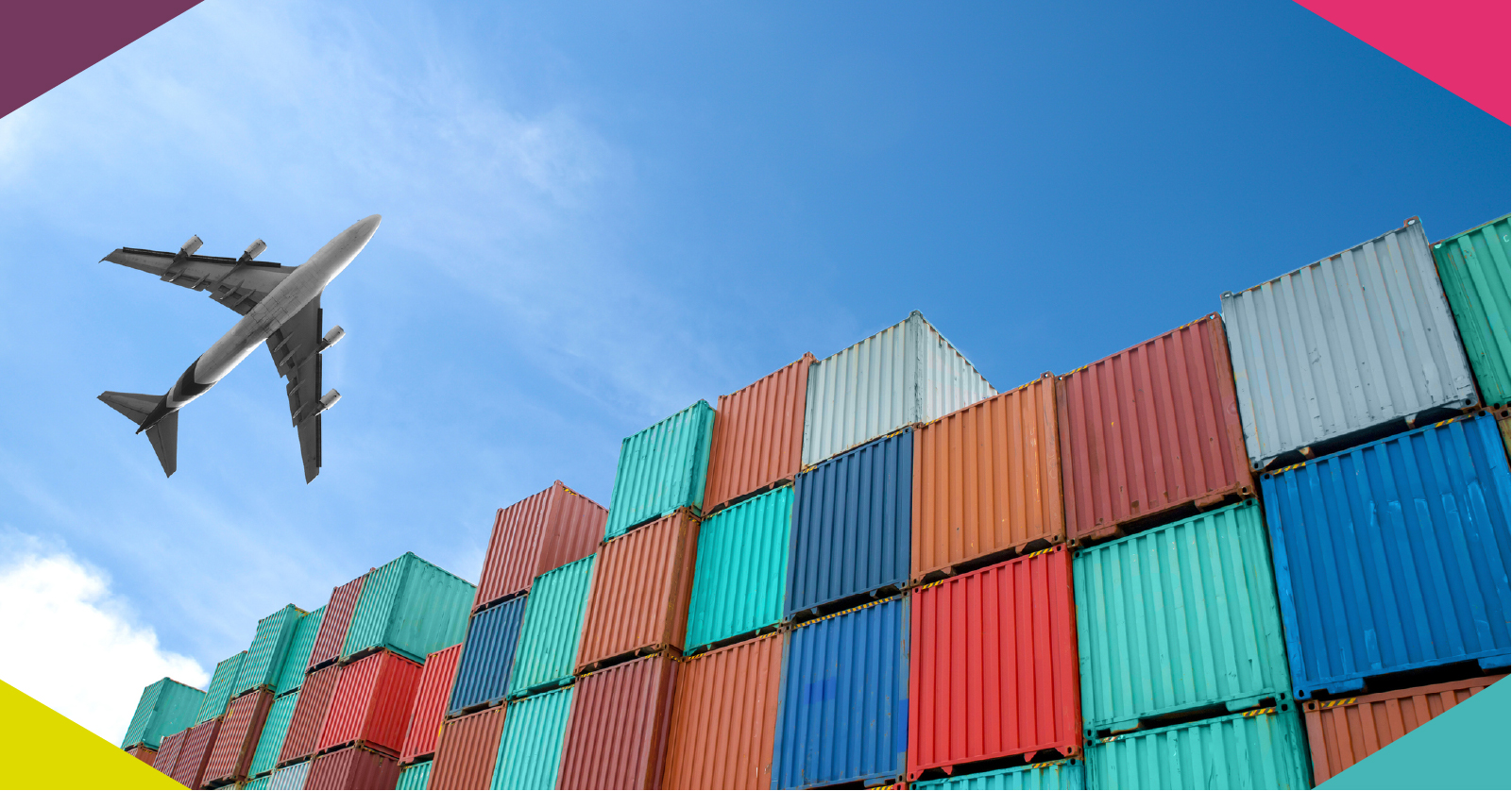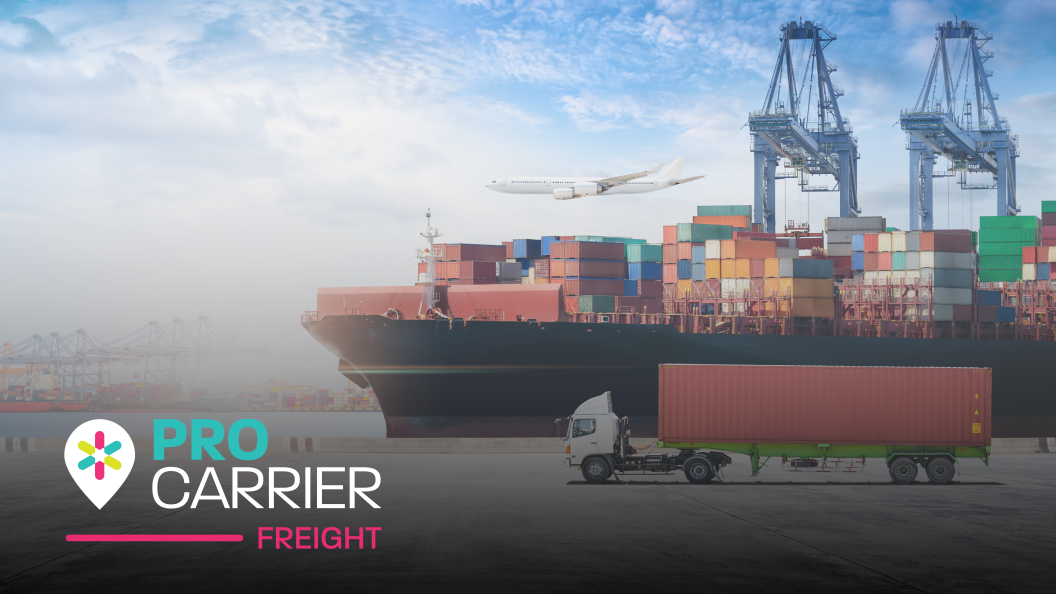Introduction
When it comes to calculating the cost of shipping goods by air, freight forwarders have to take several factors into account.
This can be somewhat complex, and it often seems like these companies are pulling numbers out of thin air. But that couldn’t be further from the truth.
In this article, we will explain the factors involved in calculating air freight costs, and how our consultants arrive at the price they do.
How To Estimate Shipping Costs
There are a few different things that a quality freight forwarding service will consider when determining the costs of your shipment. So here are a few things to consider that could easily fluctuate the price.
Pick Up Charges
Before you even think about the cost of shipping goods via air, you need to factor in the cost of getting those goods to the airport. Pick-up charges can have a significant impact on the total cost of shipping freight by air, but most freight forwarders will include the cost of a pick-up in the final price.
In most cases, it is more efficient to have the freight forwarder handle pick-up than to arrange transportation yourself. But you may be able to reduce airfreight costs somewhat if you can arrange your own transport.
Customs and Duties
Experienced wholesale buyers will be no stranger to customs duties, and these will apply whether you ship by air or sea.
Naturally, customs duties and other taxes vary from country to country, but these will also be priced into your final quote if you are using a freight forwarder to handle customs on your behalf. With the introduction of the new Customs Declaration Service (CDS) replacing CHIEF, you may be unsure how the new customs process works, which is why using an experienced freight forwarder to handle customs declarations is recommended.
If you’re in any doubt about the duties charged on your product, you can use Horizon’s VAT Calculator to calculate the costs prior to arranging transport.
Weight of Cargo
Perhaps the most significant determinant of airfreight cost is the weight of your goods. In most cases, the air freight will be charged per kilogram against the greater weight, whether the actual or volumetric weight.
For example, let’s say you have a pallet that weighs 150 kg.
The actual volume of the pallet is 1.2 x 1.2 x 1.2 = 1.73 cubic meters.
Calculating the volumetric weight would give us 1.73 Cbm / 0.006 = 288 kgs.
So, in this case, the volumetric weight would be greater than the actual weight, and the freight forwarder would charge the package as 288 kgs instead of 150 kgs.
This pricing math can often be confusing for customers, as different companies may quote different rates for what seems to be the same service. However, you should remember that these rates are based on various factors and can change depending on the company you choose to work with. After all, not every service is the same.
Fuel
The cost of fuel is another significant factor that affects the cost of freight forwarding. In most cases, the fuel price is passed on to the customer, meaning that the cost of shipping freight by air can be significantly affected by fluctuations in fuel price. With the recent trajectory of fuel prices, it is obvious how this can be a major factor when calculating Air Freight quotes.
Screening Charges
Items that can’t go through standard x-ray machines will require secondary screening. This could be Explosive Trace Devise (ETD) or free running explosive detection dogs (FREDD). This process is stricter when the shipment is going on a passenger aircraft. The Screening Charges are implemented to cover this part of the process and are calculated based on a per kilogram (or per pound) basis.
Airport Transfer
Airport transfer is incurred when the shipment is delivered into the airline for exports or collected from the airline for imports. This charge is usually calculated per kilogram but costs can be reduced if the shipment is large and a dedicated truck is arranged.
Door Delivery
Freight forwarders offer door-to-door delivery for their customers, which means that your shipment will be delivered from the point of origin to its final destination without you having to worry about anything in between.
Door-to-door delivery can also be faster and more convenient than other shipping methods since the freight forwarder will take care of everything for you. If you’re looking for a hassle-free way to ship your goods, door-to-door delivery is definitely the way to go.
How to Calculate Freight Forwarders’ Costs
When calculating freight forwarders’ costs, there are a few things to remember. The most crucial factor is the weight of the cargo and where your package is going. These will determine how much fuel is used, affecting the shipping cost.
A business can calculate freight forwarding costs by multiplying the weight of the cargo by the corresponding fee per kilogram. This calculation will give you a rough idea of how much it will cost to ship your goods.
Remember that these rates are subject to change, so it’s always a good idea to contact a freight forwarder directly for a quote.
Why Airfreight Rates Are Rising
The cost of shipping goods by air is rising, and there are several reasons for this increase. The most significant factor is the increased fuel costs for the shipping process. However, other supply chain issues are also contributing factors.
The rising cost of airfreight is causing some businesses to explore other methods of shipping their goods like ocean freight or rail freight. While ocean freight will be a far more cost-effective solution, airfreight is still the best option for businesses requiring fast delivery.
Air Freight Shipping
If you want to ship air freight from the far east to the UK (or anywhere else in the world) trust Pro carrier to be your partner of choice. We combine competitive rates with cutting-edge technology and obsessive customer service to ensure we deliver an unsurpassed air freight experience. Find out more by speaking to one of our consultants or build your own quote today.
Don’t hesitate to contact us and start the conversation.



